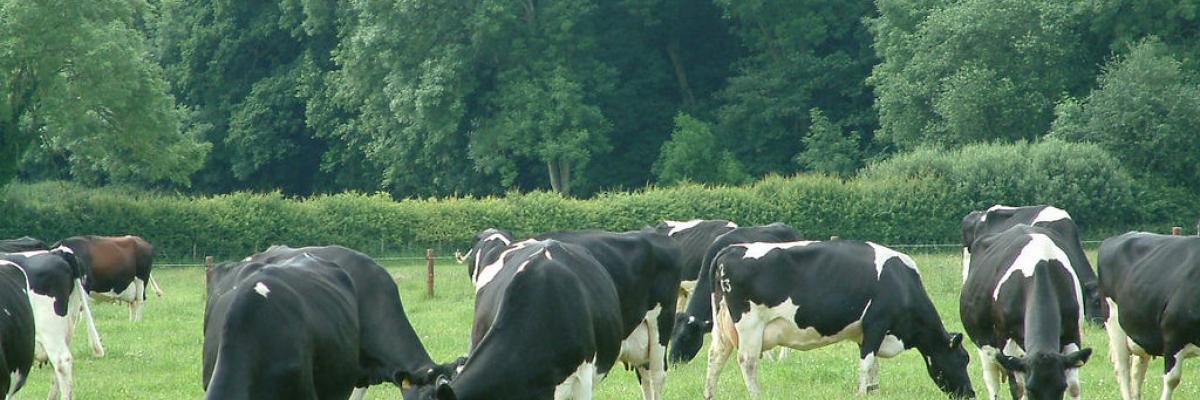

Farming for Carbon
Watch the video
In this 8.34 minute Pasture Promise TV video, dairy farmer and Nuffield Scholar Robert Richmond explains the agronomic importance of soil carbon, describing what soil carbon is and the beneficial effects on soil health and crop growth that can come from boosting it. He refers to observations during his travels in Australia that emphasised the importance of adopting soil management practices that promote biologically active soil, building soil carbon over the long term rather than relying on chemical inputs for short term gains. We see examples of the type of cow best suited for a system that largely relies on forage. He describes techniques he has applied including replacing short term rye grass leys with long term herbal leys, practising rotational grazing, and reducing cultivation. He explains the benefits he has observed - more productive soils, reduced fertiliser use and more resilient pastures, and the wider benefits of increased biodiversity and nutrients in the food chain.
- Robert practices rotational grazing systems on long term pastures with diverse swards.
- He explains that the pastures stay leafy for longer than conventional pastures, have greater photosynthetic activity, produce larger root systems, and return more plant material to the soil - building soil carbon over time.
- Higher levels of soil carbon have increased forage production and pastures re-grow faster in-between grazing. This increases the number of grazing events per year and the potential to increase stocking rates. “Since we have switched on to these leys we have been producing more grass than we ever were with rye grass and fertilisers.”
- Effective rotational grazing systems require livestock breeds suited to consumption of large amounts of forage and that have minimal impacts on soil compaction.
- Robert has observed the diverse swards support a larger variety of beneficial insects and are more resilient to extreme weather than rye grass pastures.
- The swards have been found to be richer in omega-3 oils than rye grass leys - a benefit transmitted down the food chain to consumers. Robert also refers to research highlighting that raising oil levels in ruminant diets reduces methane emissions.
Robert’s Nuffield report ‘The Benefits to agriculture and the environment of rebuilding soil carbon’ can be accessed here.
